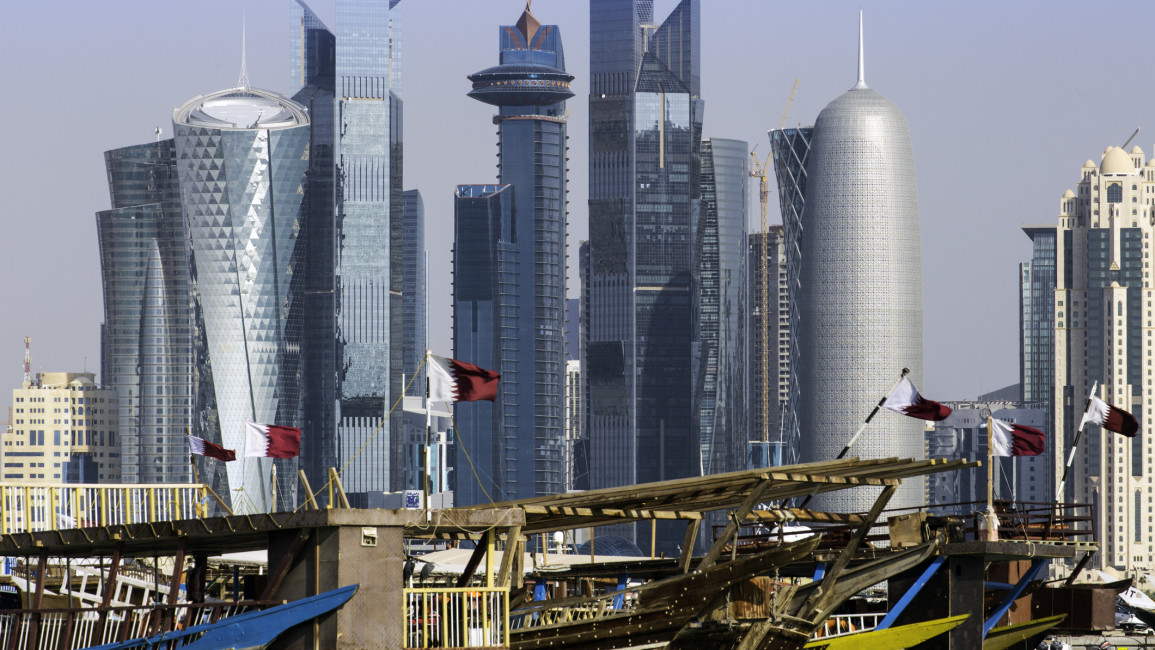Qatar increases heat safeguards for workers as World Cup approaches
Workers in Qatar have been given improved safeguards against the heat, drawing praise from a senior trade union figure.
The measures were revealed on Wednesday and came into force instantly, according to the UN's International Labour Organization (ILO).
Notably, Doha has extended the window in which work is not allowed to be done outdoors by two hours.
This provision now also applies for several additional weeks in a given year.
Prior to the new safeguards, the prohibition was only in effect from 15 June to 31 August. It now applies from 1 June to 15 September.
Companies are also required to cease operations if the temperature where they are working goes above 32.1C.
Max Tuñón of the ILO's Doha project office said: "The new Ministerial Decision is an example of evidence-based policy-making, drawing on field research on the environmental conditions and the effectiveness of different mitigation strategies".
International Trade Union Confederation General Secretary Sharron Barrow also praised the move.
"We welcome this new legislation and commend the Government of Qatar for its continued efforts to protect workers' health and safety at work," Barrow said in a statement.
The new measures come as Doha's prepares to hold the World Cup next year.
#Qatar says it will provide $500 million for the reconstruction of #Gaza after a deadly Israeli assault which destroyed buildings and infrastructure and killed 254 peoplehttps://t.co/5pDuBfJPsH
— The New Arab (@The_NewArab) May 27, 2021
Football's biggest event heads to the Gulf nation amid criticism of workers' rights, though several reforms have been put in place.
In March, the country implemented a minimum wage equivalent to around $275 per month.
The ILO said the day prior: "Qatar is the first country in the region to introduce a non-discriminatory minimum wage, which is part of a series of historical reforms of the country's labour laws".
"More than 400,000 workers or 20 percent of the private sector will benefit directly."



